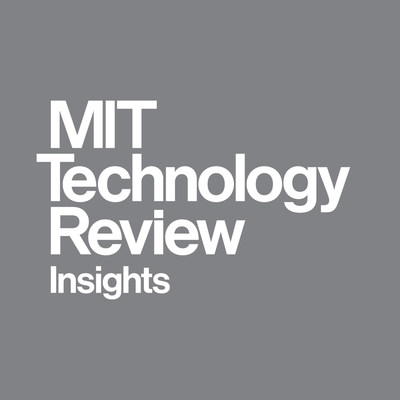 |
CAMBRIDGE, Massachusetts and SINGAPORE, May 12, 2020 /PRNewswire/ -- A new report by MIT Technology Review Insights explores how chief data officers and heads of analytics at leading organizations are building data infrastructures, services, and use cases that drive business value. It examines the tensions and trade-offs in different architectures and approaches, and the goals that data executives have for delivering "data as a service" in the years ahead.
The report, "Data on demand: Dynamic architecture for a high-speed age," is written in association with TIBCO, and is based on in-depth interviews with data and analytics leaders at public- and private-sector organizations including J.P. Morgan Corporate and Investment Bank, Thomson Reuters Labs, Rakuten, the City of London, ABB Group, and the State of North Dakota. The findings are as follows:
"On one hand creating the right architecture is a big technical challenge, on the other it's the first step in a huge business transformation," says Claire Beatty, editor of the report. "There are many models that companies can adopt, but ultimately the shared goal is to increase the quality of business decision-making and to accelerate innovation."
"Today's data-driven organizations require a new generation of data management capabilities," said Christophe Barriolade, senior vice president and general manager, TIBCO. "By coupling data virtualization, master data management, and metadata management in an integrated enterprise data fabric, organizations can orchestrate access to multiple and varied data sources and deliver a trusted data services foundation."
Click here to view the report.
For more information please contact:
Claire Beatty
Editorial director - international custom content
MIT Technology Review
cbeatty@mit.edu
Logo - https://mma.prnewswire.com/media/831545/MIT_Technology_Review_Insights_Logo.jpg